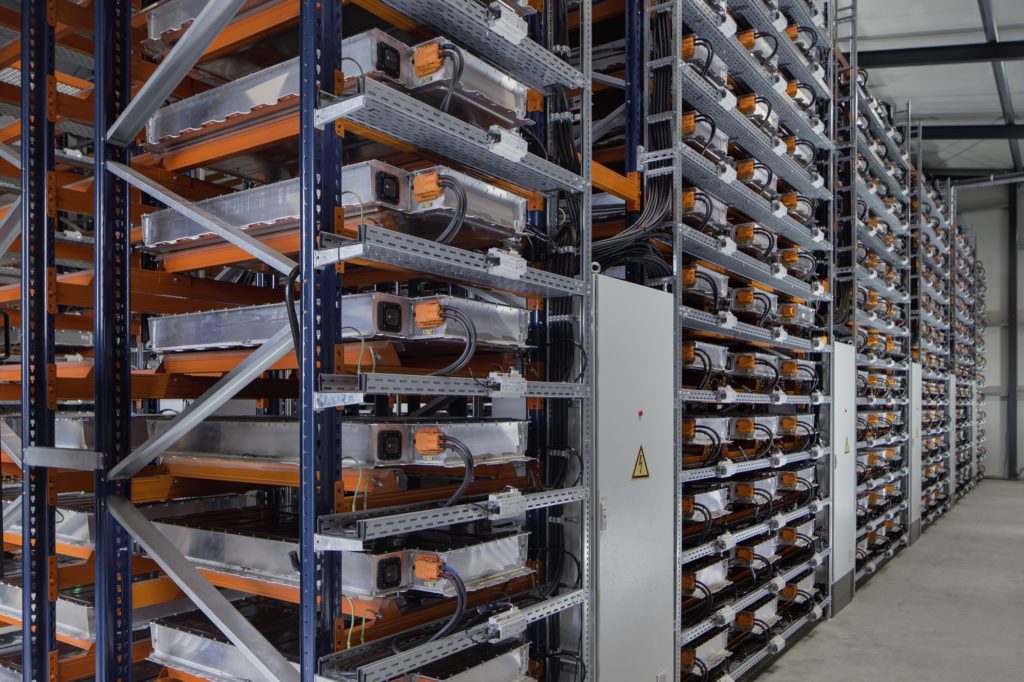New competence centre allows BMW to build battery prototypes
15 November 2019

15 November 2019
BMW has opened its new Battery Cell Competence Centre in Munich, which will develop new cells for future electric vehicles.
The facility will manufacture cells on a prototype scale, and test them, but the carmaker has stopped short of planning for in-house series production.
The carmaker is investing a total of €200 million in the Competence Centre and employees 200 people at the new facility. With this investment, the company says it is making a statement technologically but also safeguarding jobs and key skills.
Self-reliance
′The new Battery Cell Competence Centre puts us in an enviable position,’ said Oliver Zipse, Chairman of the Board of Management of BMW AG. ′Taking the technology currently in the BMW i3 as a basis, by 2030 we will be able to double the energy density of our battery cells – and therefore also the operating range of the vehicles for our customers.’
While companies such as LG Chem and CATL, a BMW partner, are pushing production of battery cells and establishing plants in Europe, manufacturing battery cell prototypes enables full analysis and understanding of the value chain processes for the cells. Adding the BMW Group’s in-house production expertise to the equation means the company can commission a specific chemical composition, mechanism and design for battery cells. In future, the BMW Group will be in a position to enable potential suppliers to manufacture cells in accordance with its particular requirements.
Zipse continued: ′Battery cell technology is a key success factor in our electric vehicle offensive, as it influences both operational performance and battery costs. Our unrivalled expertise throughout the value chain ensures we are always at the cutting edge of technology. We can specify the exact formats we want to procure, as well as the materials and the conditions involved. As a result, we are ideally positioned to drive forward the rollout of our electrified vehicles.’
Electric future
The company has also restructured its supply chains for the upcoming fifth generation of high-voltage batteries and will begin direct procurement of cobalt and lithium for battery cells in 2020, to ensure sources are both ethical and sustainable. The carmaker believes this ensures complete transparency regarding the origin of these two vital raw materials for batteries. The relevant agreements it has put in place guarantee a reliable supply of these materials until 2025 and beyond. In future, cobalt will be sourced directly from mines in Australia and Morocco, and lithium from countries including Australia.
BMW has set clear targets for sales of its electrified models. In 2021, they should account for a quarter of all vehicles sold by the BMW Group in Europe. This figure should rise to one third in 2025 and then to half of all vehicles sold in Europe in 2030.
In order to achieve these targets, the BMW Group will offer a selection of 25 electrified models from 2023. Providing the platform for this undertaking are the flexible vehicle architectures for all-electric, plug-in hybrid and internal combustion models that allow the company to react swiftly to changing circumstances. More than half of the 25 models will have all-electric drive systems.